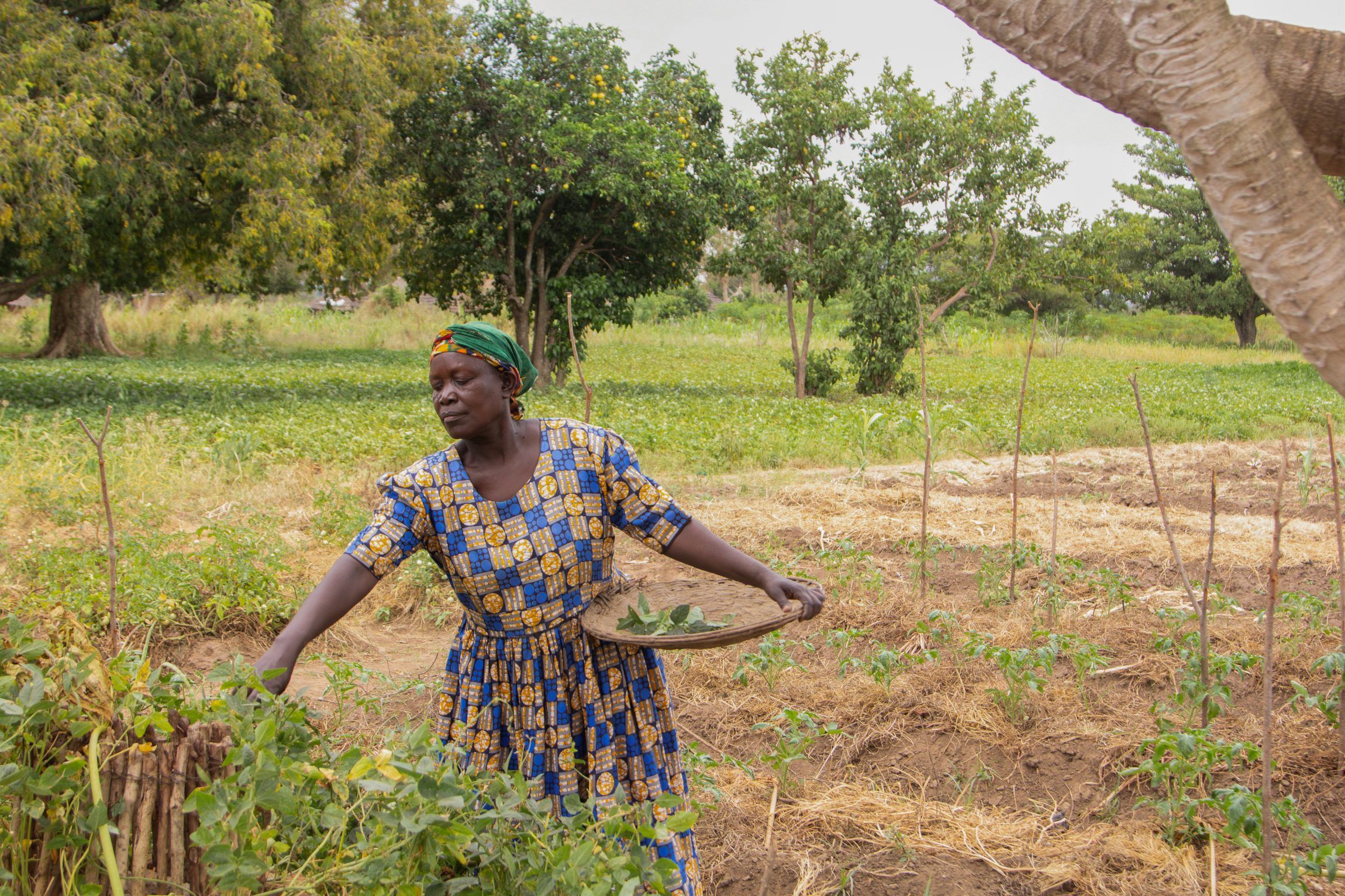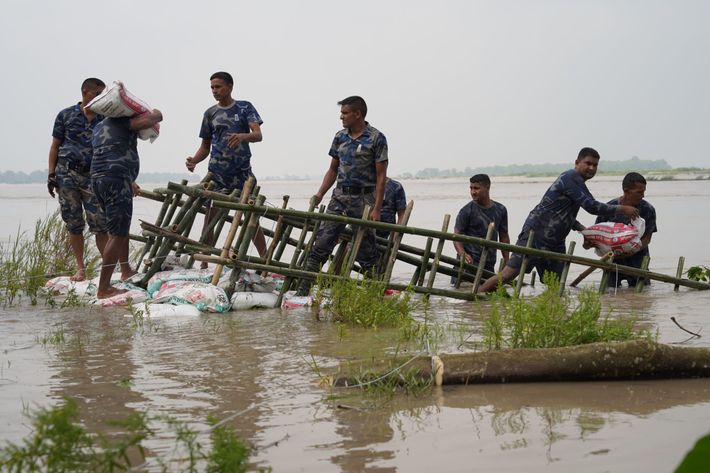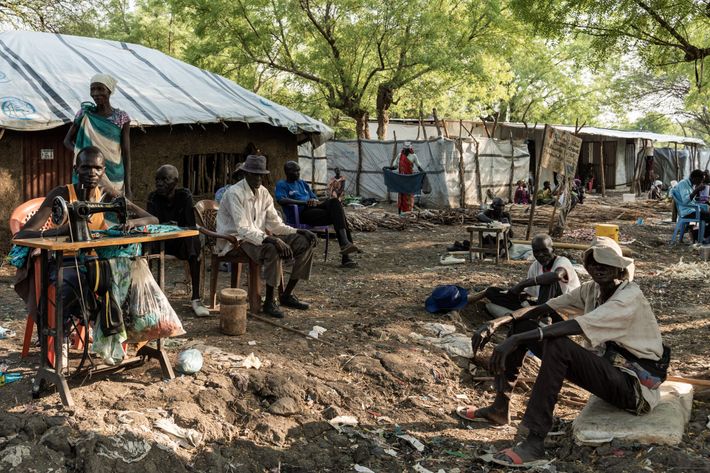What is climate adaptation ?
Climate adaptation is the process of adjusting to current or expected effects of climate change. Climate adaptation is especially important in the Global South since a lot of countries here bear the brunt of the effects from climate change.
Even if we imagine a complete stop of human-induced greenhouse gas emissions tomorrow, the long lifetime of CO2 in the atmosphere means that temperatures will continue to rise. Our old emissions mean inevitable changes to the climate for the next many years. As climate impacts intensify, there is an urgent need to increase efforts to adjust to them – and prepare for more to come.
This is known as climate adaptation.
Floods, droughts, heatwaves, extreme storms and other climate related shocks and stresses are damaging communities all over the world. Especially, communities in vulnerable situations are at risk.
These communities and their governments face significant challenges in securing the necessary finance for climate adaptation. As adaptation needs increase, the communities need more support to build on their existing capacities and efforts to continue to enhance their resilience. Therefore, it is crucial to scale up financial support for locally led adaptation.

RISKS ARE NOT EVENLY DISTRIBUTED:
Several regions in the Global South are at risk of approaching habitability limits, while compounding crises cause acute food insecurities driven by escalating fuel costs and supply shortages.
DCA’s path to climate adaptation
DanChurchAid emphasizes support to locally led adaptation. Examples of practices that we support include implementing agroecological measures, such as crop diversification or water conservation at farm level, as well as community-led integrated watershed management to effectively address food security, water management, and environmental protection in contexts affected by severe drought.
Another way that we support climate adaptation is by promoting community-managed disaster risk reduction activities such as localized early warning systems to monitor risks and prepare for extreme weather events like floodings, droughts, landslides, etc.
In the past few years, we have also enhanced our efforts to test innovative approaches on anticipatory action to support communities to act ahead of predicted hazards to prevent or reduce acute humanitarian impacts.
DCA’s approach to preventing maladaptation
What is maladaptation ?
Maladaptation happens when climate adaptation efforts, which are meant to help people cope with climate change, end up making things worse. Maladaptation often result from poor planning or not considering local needs.
To avoid maladaptation in DCA-projects, we promote locally-led initiatives that integrate gender-based and other inequalities into the core of the adaptation action, encouraging the meaningful participation in decision-making of those that are more vulnerable. We do this to ensure that situations won’t get worse and to ensure that people’s vulnerabilities aren’t increased.
Furthermore, we aim for our adaptation projects to be based on the best available information on climate risks and to be monitored using adaptive management. The projects are adjusted based on evidence generated along the way.





